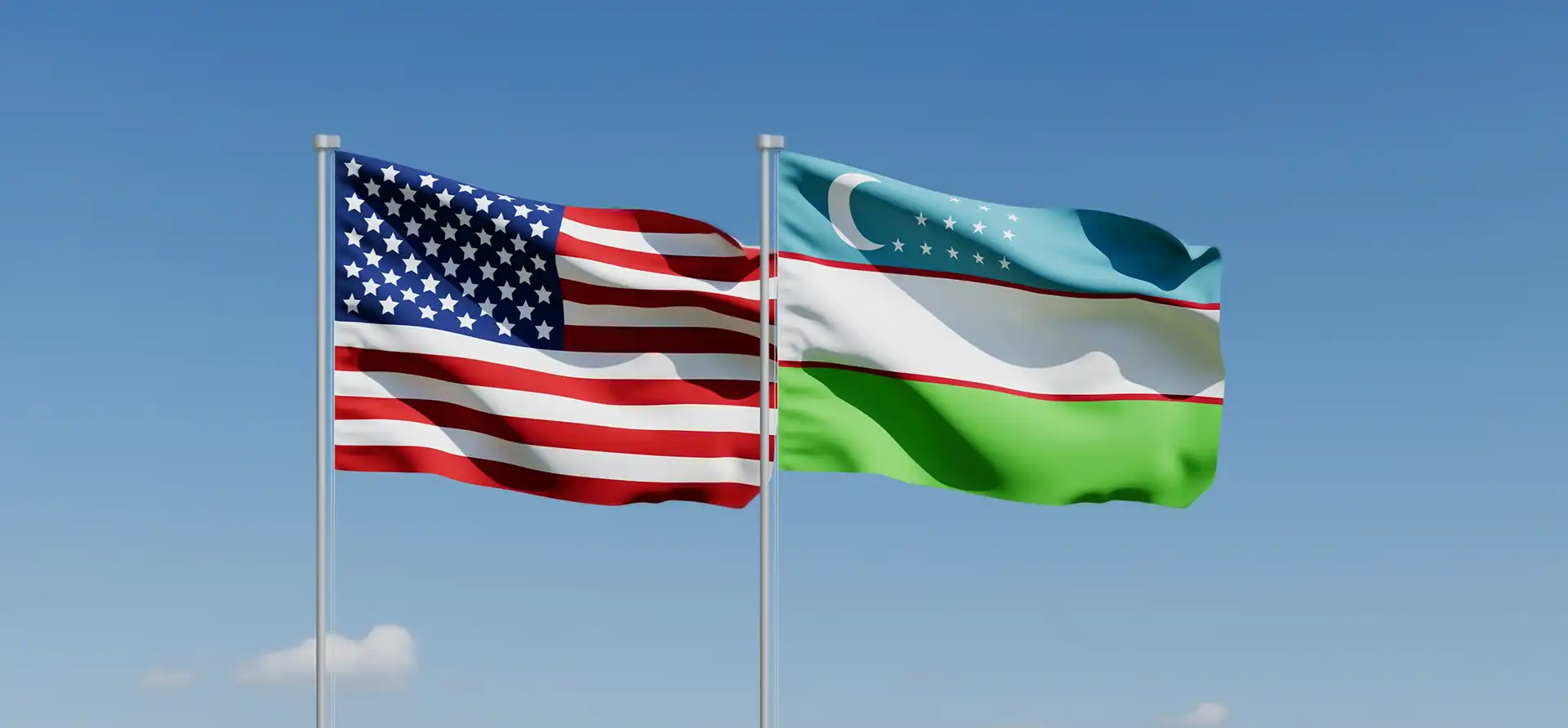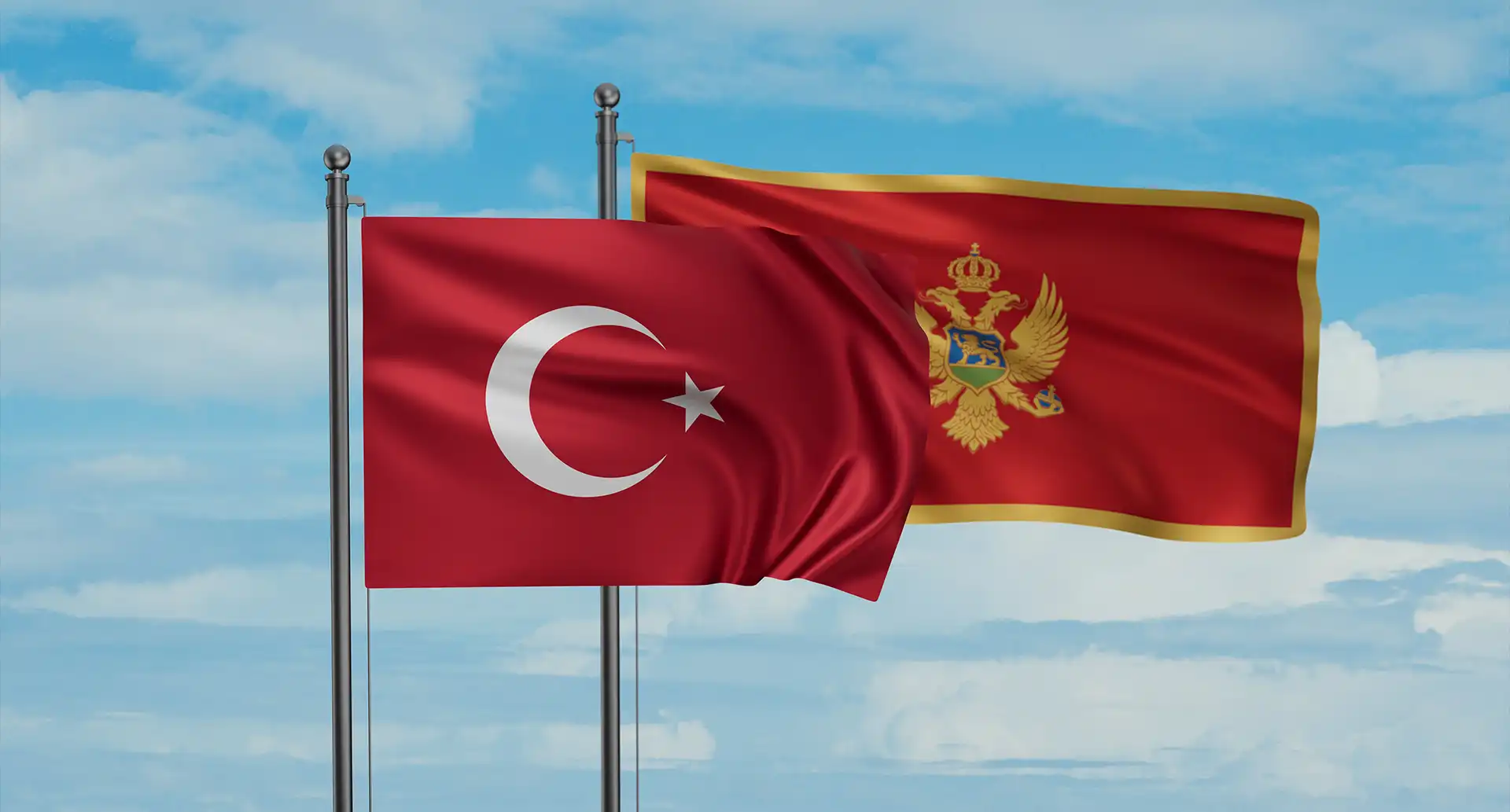

Nigeria
Nigeria passport ranking
The Nigerian passport is currently ranked 91st place on the Guide Passport Index. It provides visa-free access to 43 destinations. Nigerian passport holders have visa-free access and visas on arrival to countries such as Ghana and Mauritius. Nigerian citizens require a visa to enter 186 destinations in the world such as China, Russia, the United States and the entire European Union. This high visa requirement results in a very low mobility score and significant travel preparation.
Nigeria Passport Ranking
The Nigeria passport ranking relative to other global passports is calculated by adding up the number of countries that allow Nigeria passport holders to enter without a visa (i.e. visa-free countries) and those that allow Nigeria passport holders to enter by obtaining a visa on arrival (i.e. visa-on-arrival countries) or an electronic travel authorization (eTA). There are currently a total of 27 Nigeria passport visa-free countries, 15 Nigeria visa-on-arrival countries, and 1 eTA destinations.
Altogether, Nigeria passport holders can enter a total of 43 destinations—either without a visa, through a visa on arrival, or via an eTA. As a result, the Nigeria passport ranks 91 in the world.
Separate from these Nigeria visa-free countries and visa-on-arrival countries, there are 186 additional destinations which Nigeria passport holders either need a physical visa to enter or an eVisa (i.e. visa required countries).
About Nigeria
The Federal Republic of Nigeria is a former British colony. Located in Western Africa it consists of 36 states. It borders Cameroon, Chad, Niger and Benin. The most important states are Bayelsa, Ogun and Niger. Nigeria is the 14th largest country in Africa with a surface area of 923,769 square kilometers. Its climate varies from arid in the north, to tropical in the center and equatorial in the south. Its terrain is also quite diverse with plains in the north, hills and plains in the central and mountains in the southeast.
The overall population is over 218 million people making it the most populated country in Africa. The capital of the country is Abuja. The most populous city is however Lagos with 23 million inhabitants. Other important cities of the nation are Kano, Ibadan and Benin City. The largest airport is Murtala Muhammed International Airport (LOS). It has an approximate yearly passenger traffic of 5.4 million people. It connects the country to destinations across Africa, the Middle East and the United Kingdom.
Nigeria gained independence from the British in 1960. Its culture is dominated by a mix of tribal and British heritage for example there are 527 languages. The main religion of the country is the Islam. The official language of the nation is English. The legal system is a mix of the English common law, the Islamic law and the traditional law. The government form is a federal presidential republic. President Bola Tinubu is the elected chief of state and the head of government. Elections take place every 4 years.
The official currency of the country is the Nigerian Naira (NGN) with the current exchange rate being NGN 446 to the USD. Nigeria has an open economy, generating a GDP of approximately $1.2 trillion. This makes it the 2nd largest economy in Africa. It has a per capita income of $5,066. The main GDP contributing sectors are services, industry and agriculture. Its output is a mix between agriculture and a large industrial sector based on oil extraction and refinery. The main export products are oil, coal, tin, cocoa and peanuts.
The Federal Republic of Nigeria is a developing tourism destination offering limited attractions. It is known for its wildlife and national parks. There are two natural UNESCO world heritage sites. The main tourist activities are trekking, sightseeing and animal watching. Some popular destinations are Calabar, Lagos, Abeokuta, Yankari National Park, Abuja, Gashaka Gumti National Park and the Edumanom National Forest. Nigeria is welcoming approximately 5 million touristic visitors a year.










































